As a responsible dog owner, it’s essential to be aware of the potential health issues that can affect your furry friend. From minor ailments to more serious conditions, understanding the top 10 dog illnesses can help you take prompt action and ensure the well-being of your canine companion.
In this article, we will highlight the most common health problems that dogs may encounter, providing valuable insights into their symptoms, causes, and treatment options. Whether it’s skin allergies, ear infections, or digestive disorders, being knowledgeable about these illnesses empowers you to provide the best possible care for your pet.
By familiarizing yourself with the warning signs and preventive measures, you can take proactive steps to keep your dog healthy and minimize the risk of illness. From regular check-ups with your veterinarian to maintaining a balanced diet and exercise routine, you can make a significant difference in your dog’s overall health and happiness.
Top 10 Dog Illnesses:
Here we show top 10 dog illnesses Description Cause Solution :
1. Canine Parvovirus

Description: A highly contagious viral infection that affects a dog’s gastrointestinal system, leading to vomiting, diarrhea, and dehydration.
Cause: Spread through direct or indirect contact with infected dog feces.
Solution: Immediate veterinary care and preventive vaccination are crucial.
2. Canine Distemper
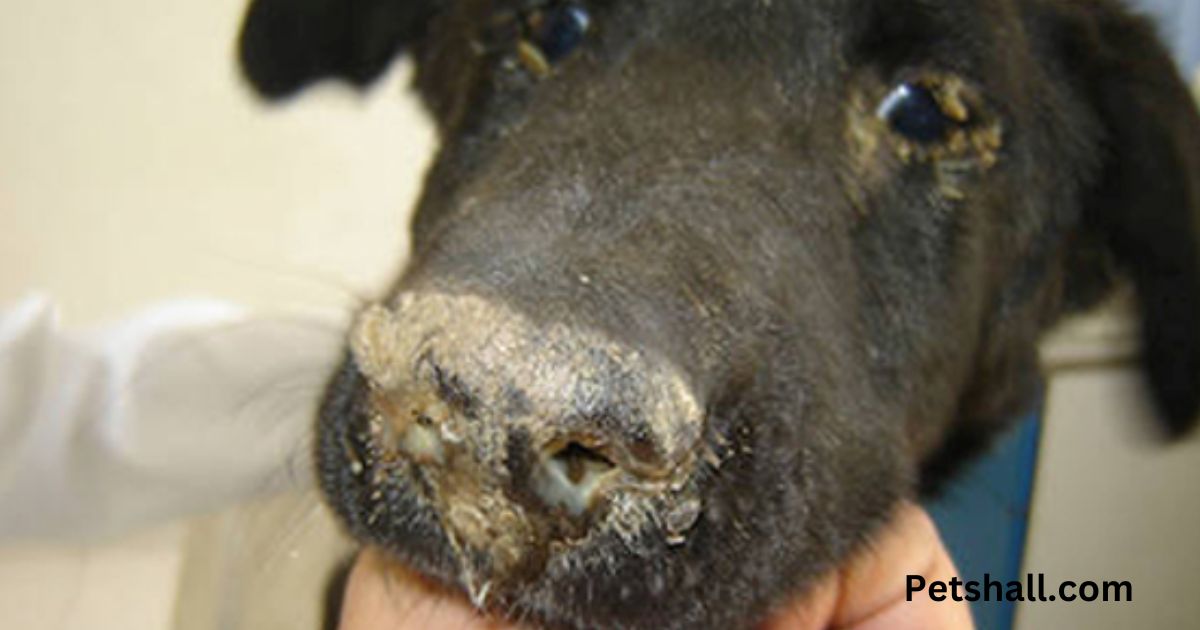
Description: A serious viral disease that attacks a dog’s respiratory, gastrointestinal, and nervous systems.
Cause: Spread through airborne exposure or contact with infected animals’ respiratory secretions.
Solution: Preventive vaccination is the most effective protection.
3. Kennel Cough (Canine Infectious Tracheobronchitis)

Description: A respiratory infection that causes a persistent cough, often in environments with many dogs.
Cause: Caused by a combination of bacteria and viruses, frequently spread in kennels or dog parks.
Solution: Preventive vaccines and treatment with antibiotics or cough suppressants as needed.
4. Heartworm Disease
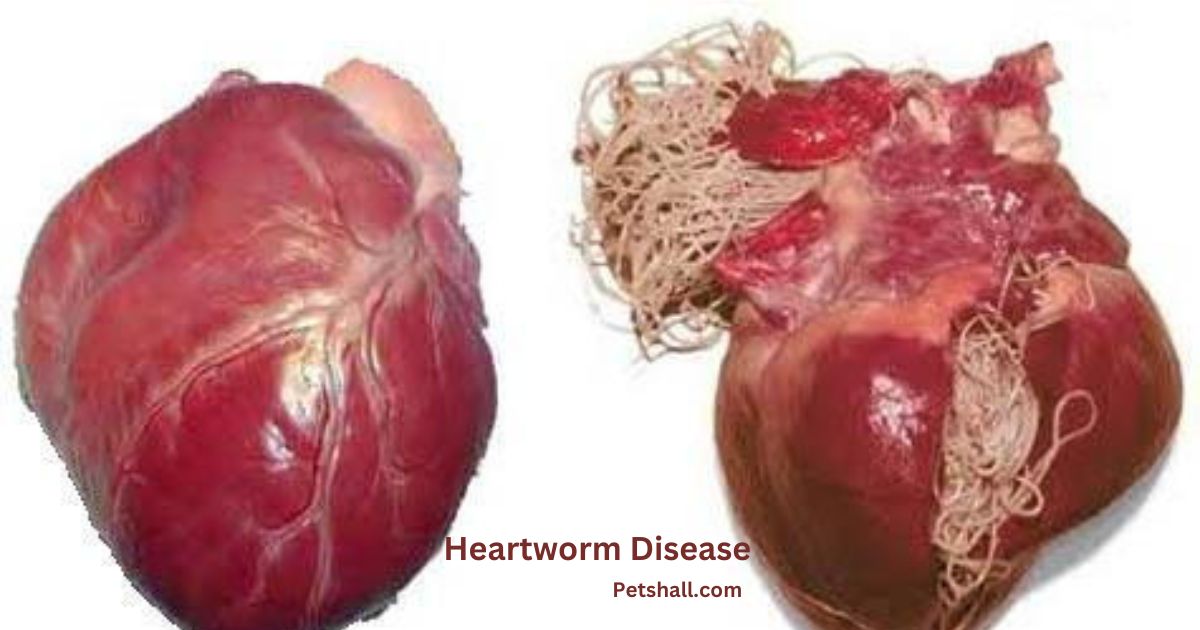
Description: A parasitic infection where worms grow inside a dog’s heart and lungs, leading to severe health complications.
Cause: Transmitted through mosquito bites.
Solution: Monthly preventive medication; treatment for existing heartworm is challenging and risky.
5. Canine Hip Dysplasia
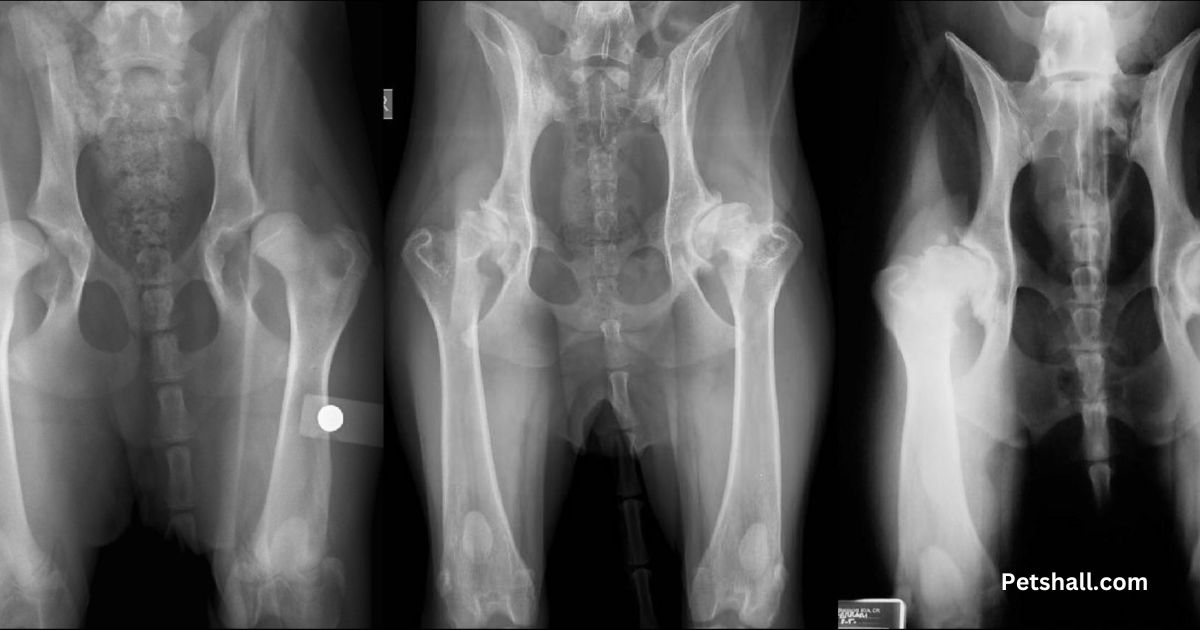
Description: A genetic condition where the hip joint does not develop properly, causing arthritis and pain.
Cause: Genetic predisposition, particularly in large breeds.
Solution: Weight management, joint supplements, pain medication, and sometimes surgery.
6. Lyme Disease

Description: A bacterial infection spread through tick bites, causing fever, joint pain, and lethargy.
Cause: Transmitted through the bite of infected ticks.
Solution: Tick prevention methods and early treatment with antibiotics.
7. Gastric Dilatation-Volvulus (Bloat)
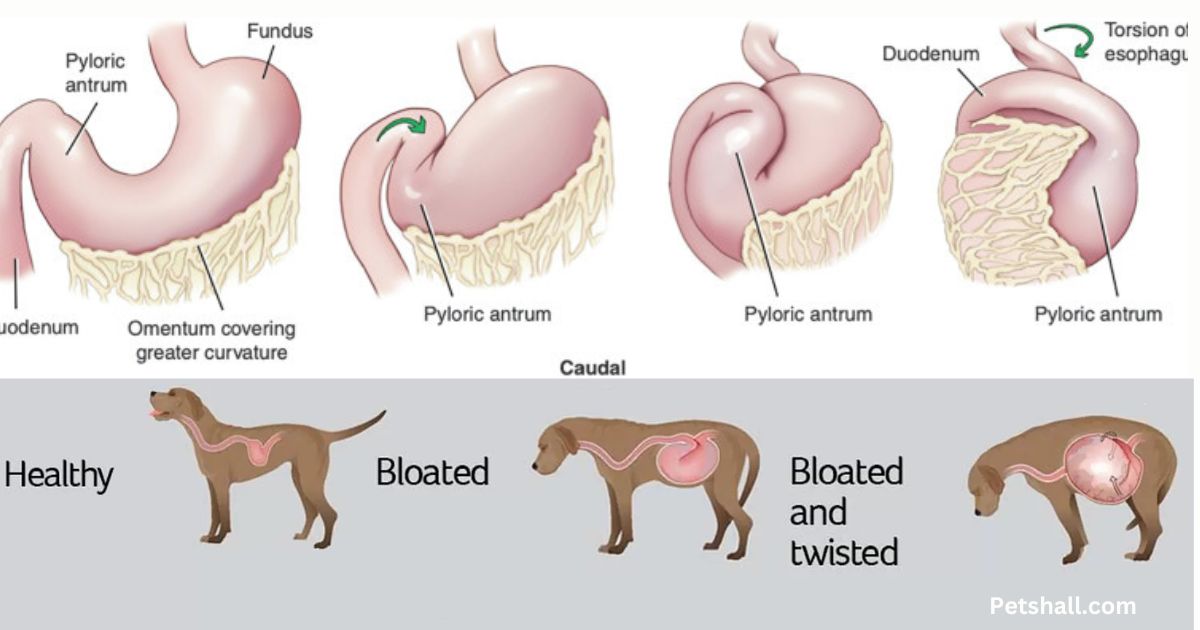
Description: A life-threatening condition where the stomach fills with gas and twists.
Cause: Usually happens after a dog eats or drinks too fast, especially in large, deep-chested breeds.
Solution: Immediate veterinary emergency care; prevention includes feeding smaller, frequent meals.
8. Arthritis
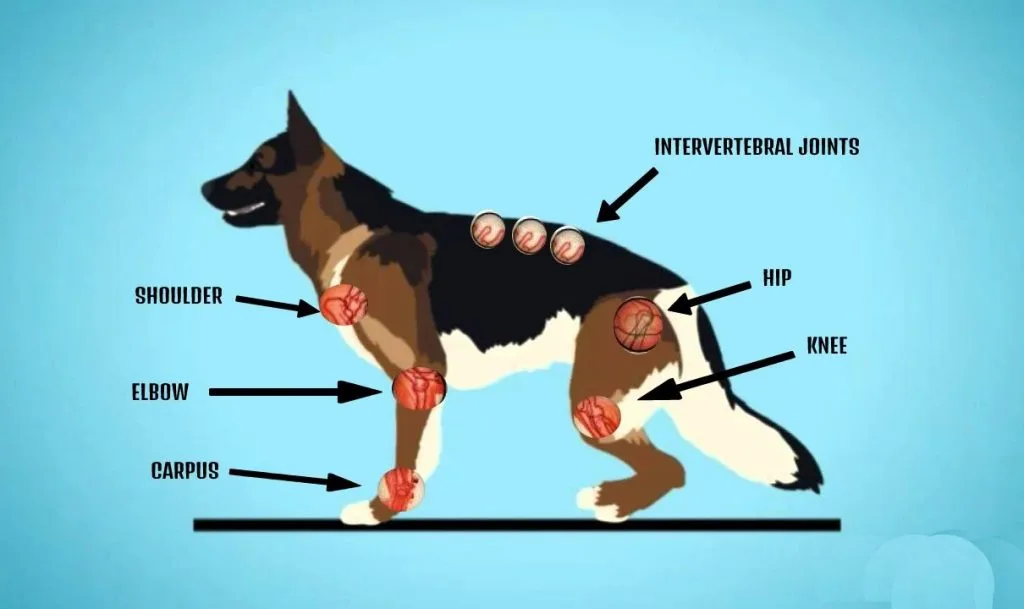
Description: Inflammation of the joints, causing pain and stiffness, particularly in older dogs.
Cause: Aging, injury, or genetic factors.
Solution: Pain management, weight control, supplements, and anti-inflammatory medications.
9. Ear Infections
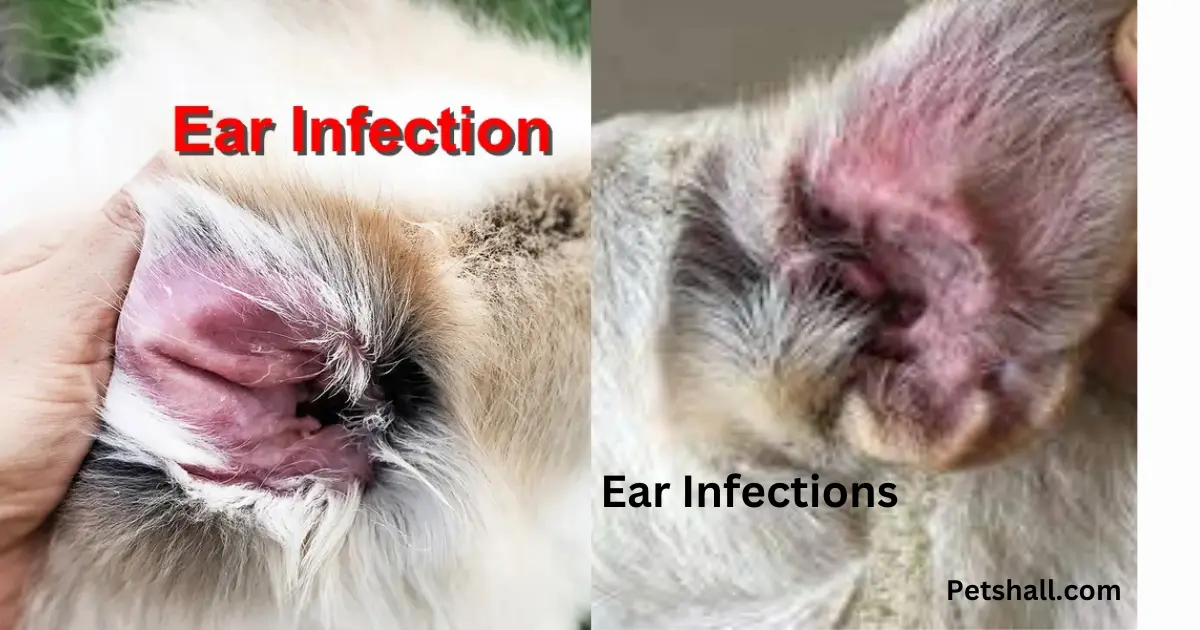
Description: Common infections in the outer, middle, or inner ear, leading to itching, redness, and discharge.
Cause: Bacterial or yeast infections, often exacerbated by moisture or allergies.
Solution: Regular ear cleaning and treatment with antibiotics or antifungal medications.
10. Obesity

Description: Excessive body weight that can lead to health complications such as diabetes, heart disease, and arthritis.
Cause: Overfeeding and lack of exercise.
Solution: A balanced diet, regular exercise, and portion control.
Recognizing the Signs of Dog Illnesses
As a devoted pet owner, it’s crucial to be attuned to the signs and symptoms of these common illnesses. Watch for changes in behavior, appetite, energy levels, and physical symptoms like coughing, vomiting, or skin irritation. Early detection allows for prompt treatment, increasing the chances of a successful recovery and minimizing long-term impacts.
Preventive Measures to Keep Your Dog Healthy
Proactive care is the best way to prevent these illnesses. Regular veterinary check-ups are essential, even if your dog appears healthy. Vaccinations, a nutritious diet, regular exercise, and parasite prevention all contribute to long-term health.
By staying informed about these common dog illnesses and adopting preventive measures, you can ensure your dog enjoys a happy, healthy life by your side.
